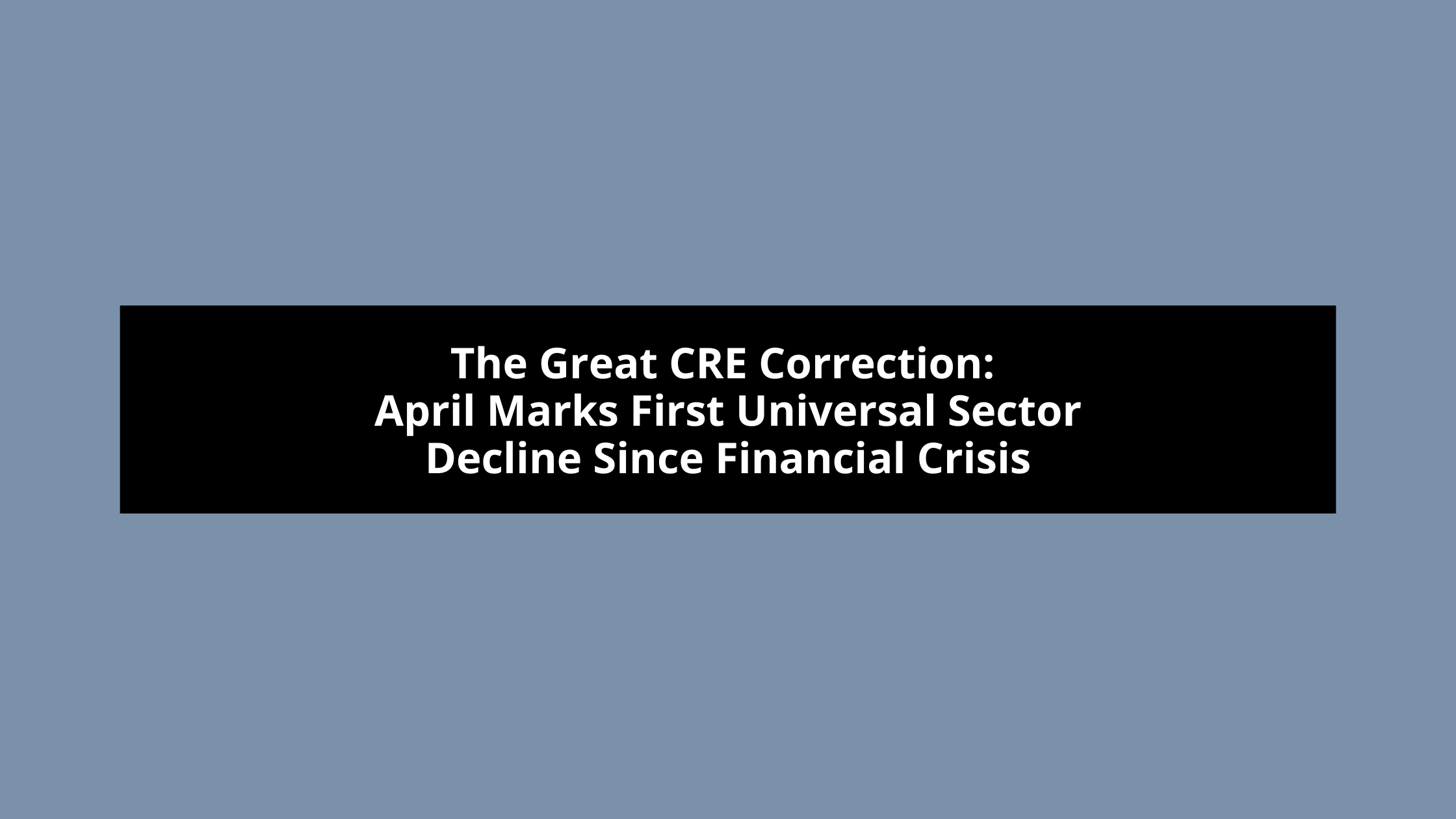Commercial Real Estate Delinquencies Rise, Led by Office Sector Challenges
Office property delinquencies hit a concerning milestone in October 2024, reaching 9.37% – levels not seen since the 2012-2013 market stress period. This represents a significant 101 basis point jump from September’s 8.36% rate.
- The office sector dominated new delinquencies, accounting for over 60% of newly troubled loans. A major office loan default was the primary driver behind October’s spike.
- While total new delinquencies exceeded $3 billion across all property types, about $2 billion in loans were either paid off or resolved, resulting in a net $1 billion increase in delinquent loans.
When including matured loans that remain current on interest payments, the overall delinquency rate climbs to 7.73%, marking a 58 basis point increase from September 2024. The 30-day delinquency rate also rose 26 basis points to 0.43%.
This trend signals persistent challenges in the commercial real estate market, particularly in the office sector as it continues to adapt to post-pandemic workplace changes.


